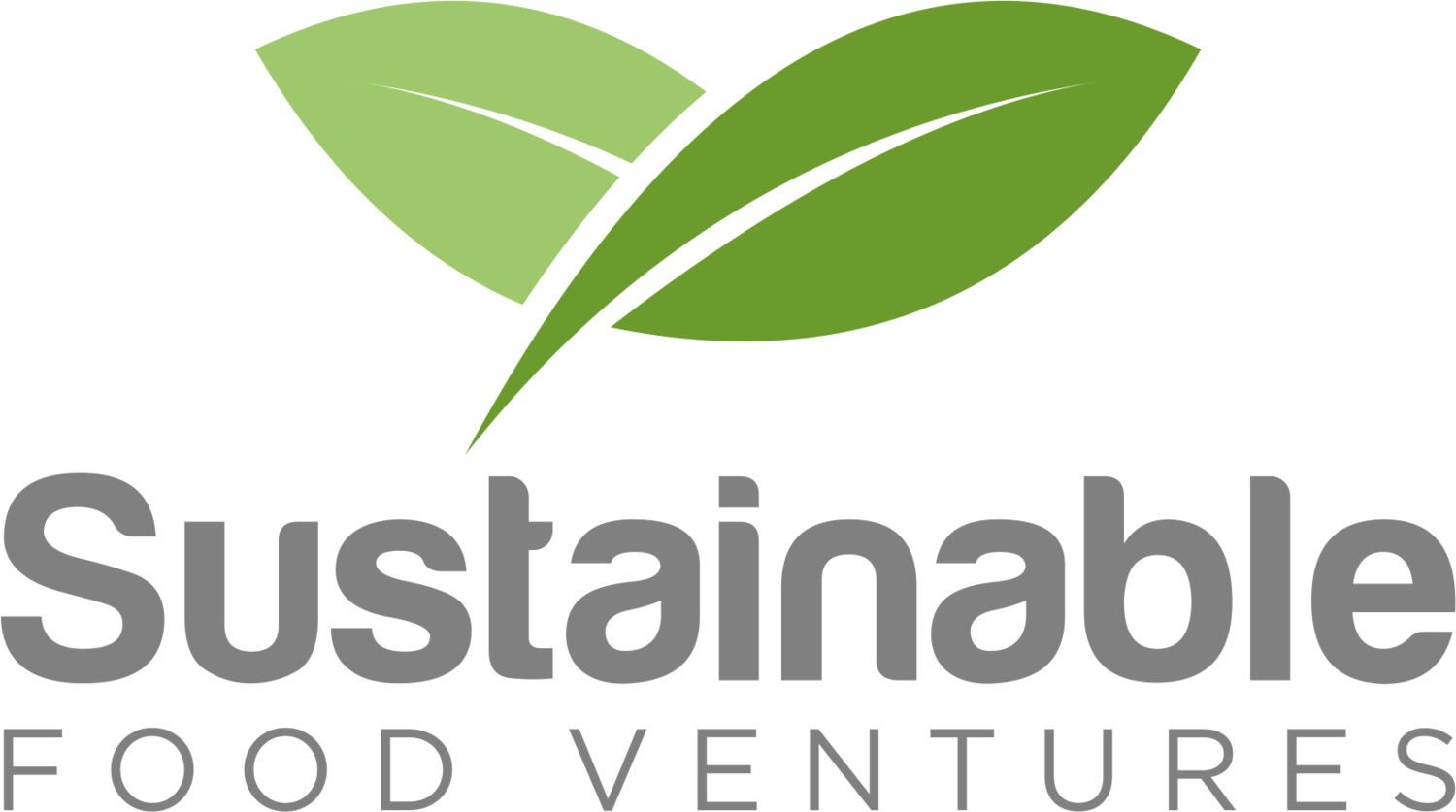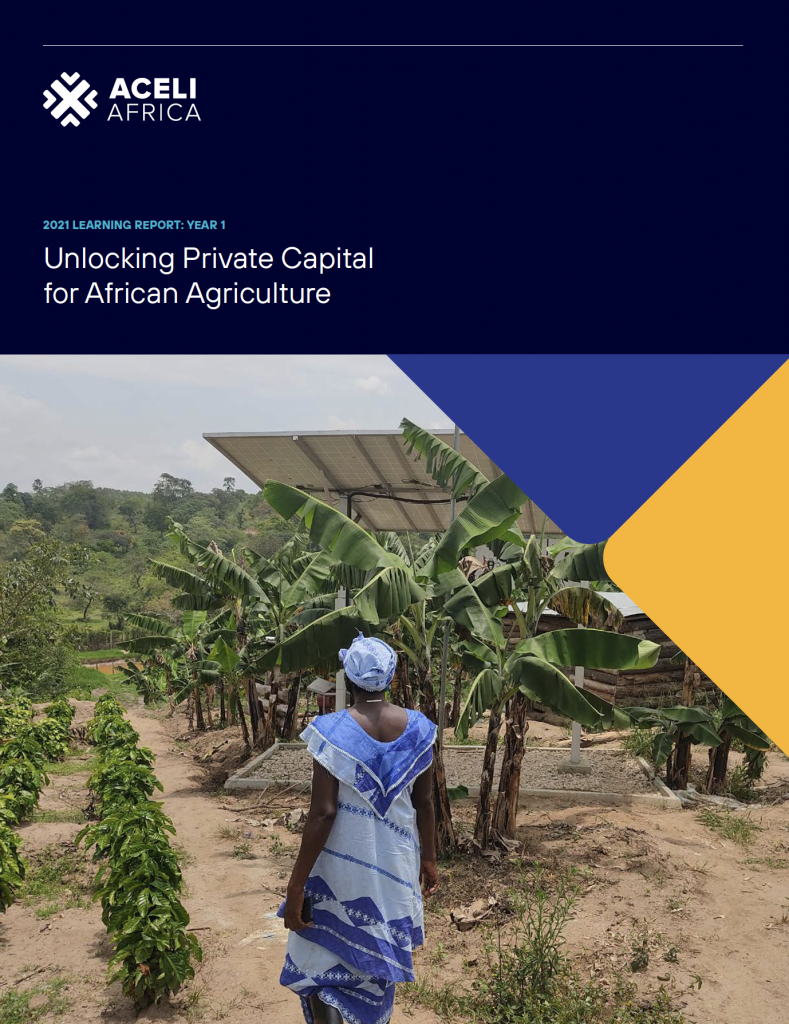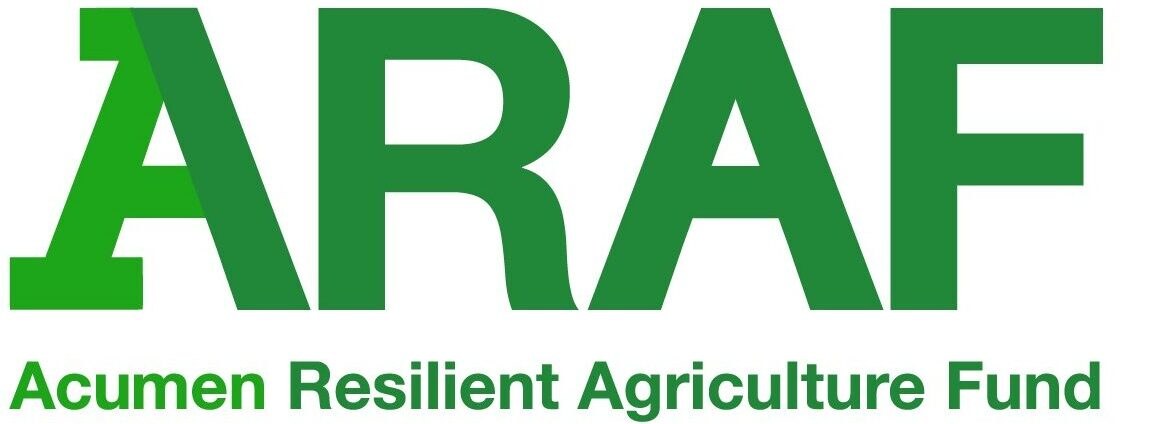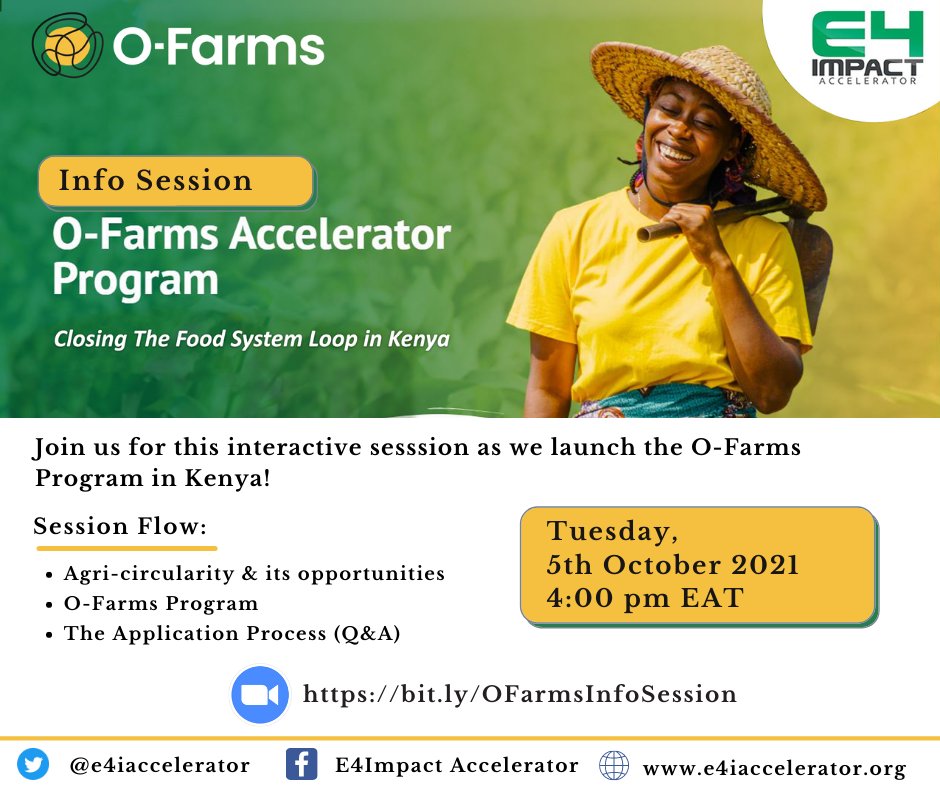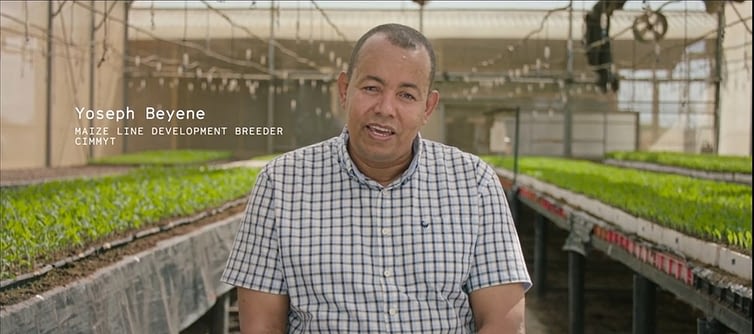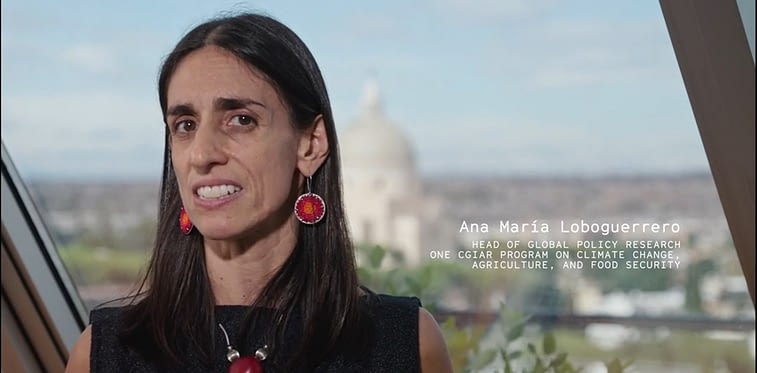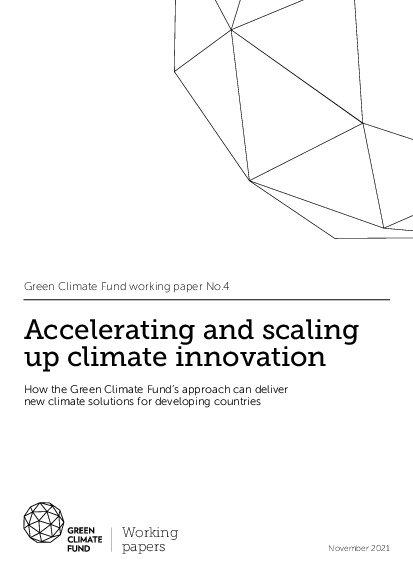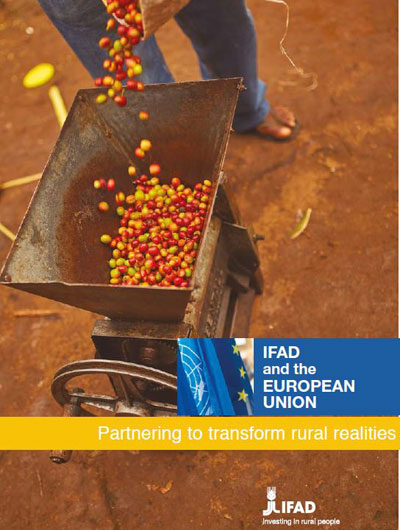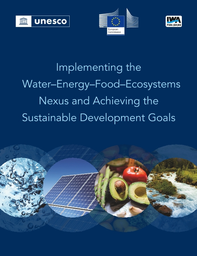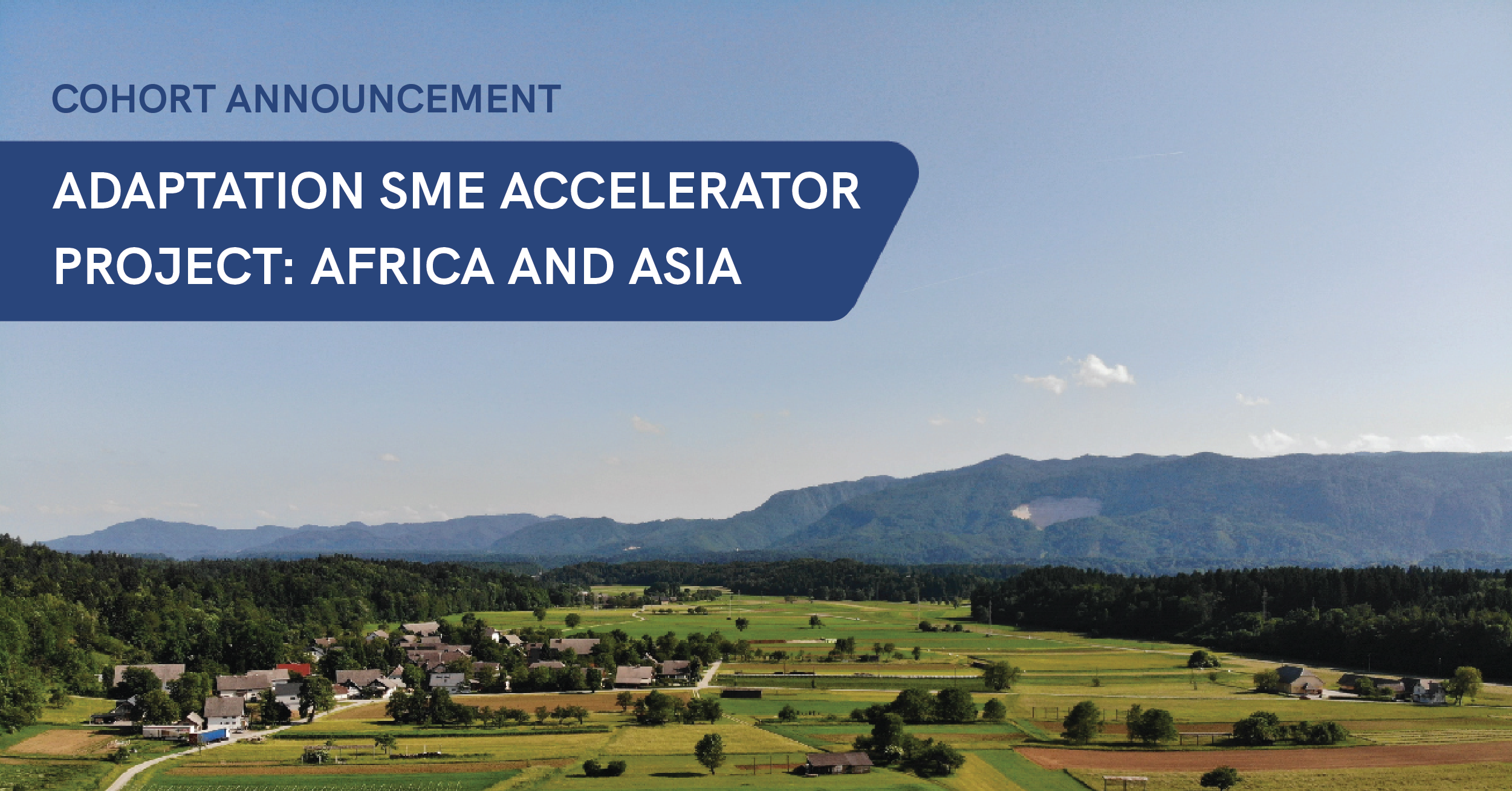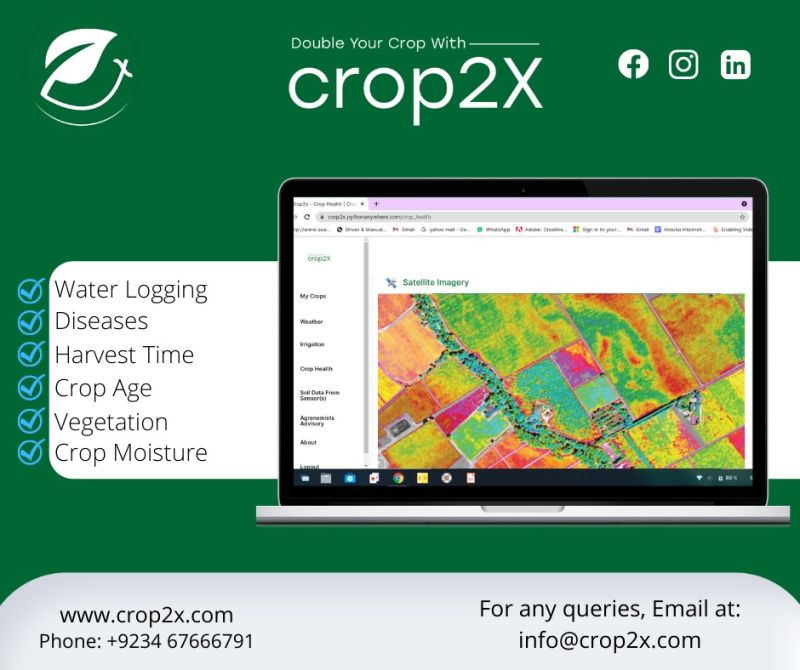22 April 2022. AgFunder News.
5 African climate-smart agriculture investors helping close a $106bn climate finance gap
There are global efforts to finance climate-smart agriculture but
The Climate Policy Initiative reveals that current global climate finance flows are nowhere near the estimated $4.5 – $5 trillion needed annually. Additionally, of the $560 billion available for global climate finance, only 1.5% is provided for small-scale agriculture.
Furthermore, some regions are lagging others. According to a recently-launched ISF report, agri-SMEs in developing countries do not have sufficient funding and there’s a $106 billion financing gap in sub-Saharan Africa and Southeast Asia. [ see: CASA (2022)
The state of the agri-SME sector – Bridging the finance gap # 67 p. +
PAEPARD blogpost]
There are a few noteworthy climate-smart agriculture investors and ecosystem enablers in Africa working to improve access to financing for climate-smart agriculture including financiers and accelerators. Here are a few examples. (If you have another example, you can reach out
lucy@agfunder.com.)
Climate-smart agriculture investors and ecosystem enablers:
Sustainable Food Ventures (SFV)
SFV is a rolling fund that backs early-stage startups developing sustainable food products. Key in its portfolio of over 30 are startups whose products are
plant-based, cell-based and recombinant.
Among them are
Nigeria’s plant-based foodtech startup,
VeggieVictory as well as a cultivated meat startup from
South Africa,
Mzansi Meat.
- VeggieVictory is Nigeria’s first plant-based food tech company bringing people a healthier and more sustainable lifestyle through plant-based meats and meals. Since 2013, Veggie Victory has been surprising Lagosians with veganized Nigerian culinary delicacies. Vchunks is VeggieVictory’s retail product offering a 100% plant-based meat substitute with the typical chewy mouth feel of beef or chicken. With its meat-like texture, Vchunks can be cooked in any meals:
soups, stews, rice, noodles, shawarma or even as asun, suya, kilishi and nkwobi.
- Mzansi Meat. Cultivated meat has the potential to counter the impact of intensive agriculture by using considerably less land and water, making production less costly.
Aceli Africa
Launched in 2020,
Aceli Africa is a market incentive facility that seeks to mobilize $600 million in capital from the private sector to lend to East Africa’s SMEs. Its loans are incentivized to target SMEs that practice
climate-smart agriculture and sustain the environment, as well as creating economic opportunities for women and youth and contributing to food security and nutrition in Africa.
Resource: Aceli (2021)
Aceli Year 1 Learning Report: Unlocking Private Capital for African Agriculture Published 14 December 2021. #16 p.
The Acumen Resilient Agriculture Fund (ARAF)
The Acumen Resilient Agriculture Fund is a $58 million
impact fund that makes equity investments in African
early-stage agribusinesses. ARAF Fund primarily aims
to build smallholder farmers’ climate resilience by funding
agribusinesses that can help farmers identify weather events and bounce back from climate change effects.
The fund is backed by an array of institutions that promote sustainable development including
PROPARCO,
FMO,
Green Climate Fund, the
Soros Economic Development Fund, the
Children’s Investment Fund Foundation,
Global Social Impact, IKEA Foundation among others.
O-Farms Accelerator
O-Farms is an Africa-focused SME accelerator that’s backed by
Village Capital and
Bopinc in partnership with
IKEA Foundation. It was founded in 2021 with the mandate to support circular agribusiness. When practiced on a large scale,
circular agribusiness has been proven to
reduce the number of external inputs needed in farming and the overall ecological footprint of agriculture.
While O-Farms is focusing on
Uganda, Kenya and Ethiopia for its first cohort, it plans to work with
40 startups across East Africa by 2023SEED Accelerator
Seed accelerator is one of the prominent emerging market accelerators supporting startups for
sustainable development and a green economy. Seed was founded in 2002 at the World Summit on Sustainable Development in Johannesburg by UN Environment, UNDP and IUCN.
It works directly with entrepreneurs to optimize eco-inclusive entrepreneurship with African hubs in Malawi, Uganda, Botswana, South Africa, Ghana and Zambia.







